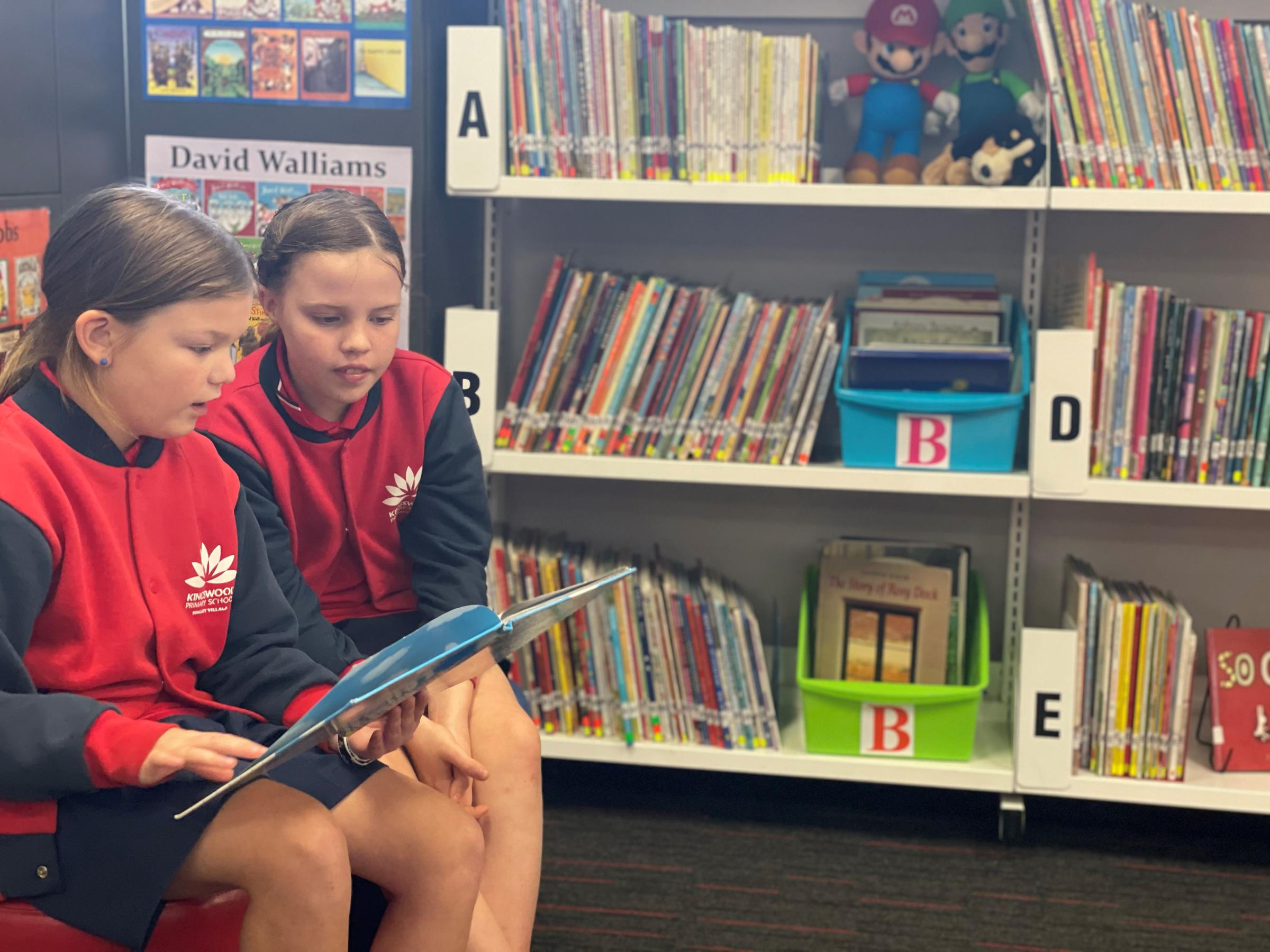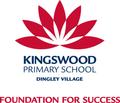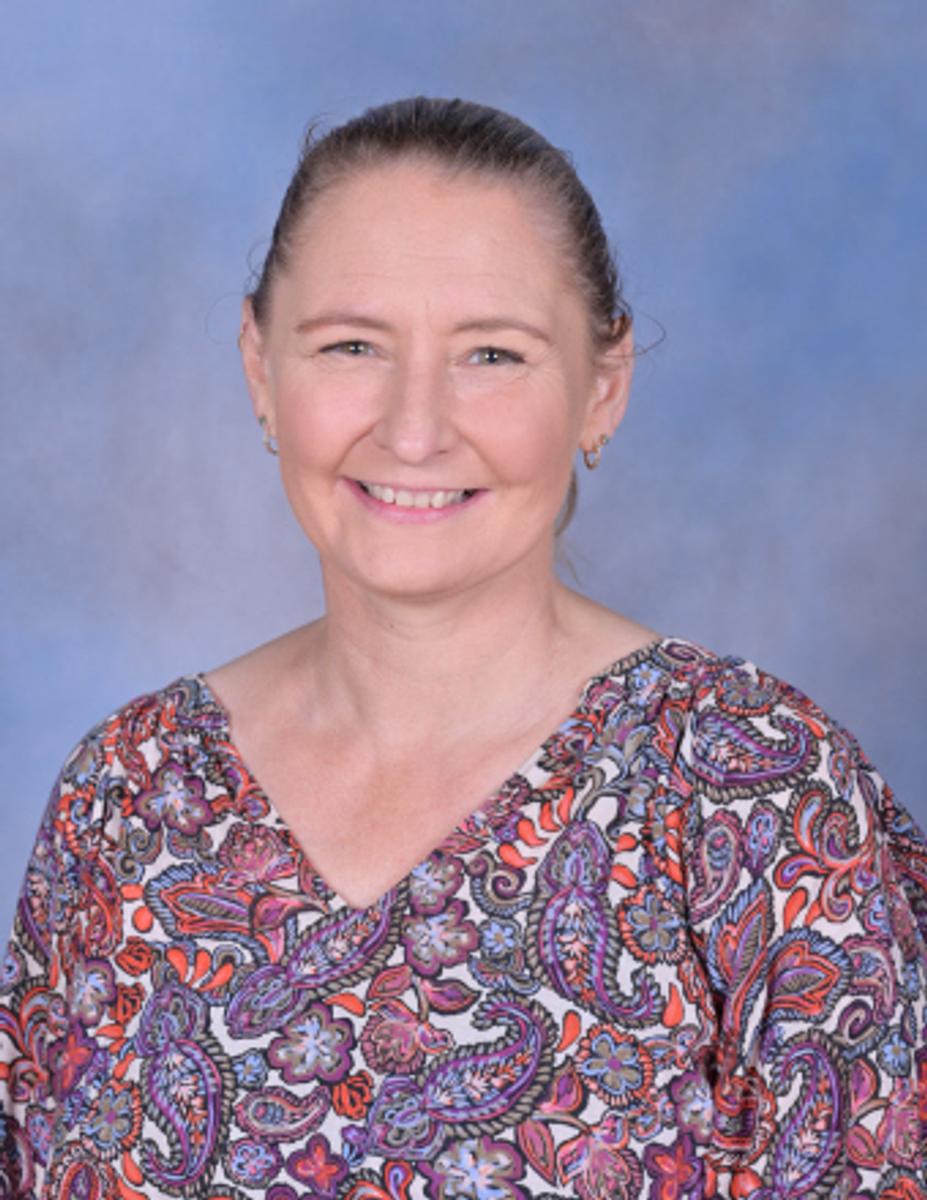Assistant Principal

Megan Franklyn
Assistant Principal
Routines and Expectations
This year, we have placed a strong focus on establishing consistent routines across our classrooms. These routines are designed to maximise learning time, increase student engagement and uphold high expectations for all students.
Some of the routines include how students line up outside their classrooms in the morning and how they pack up in the afternoon. In the classroom, you might hear phrases like “chin it,” “park it” and “hover it” when students are using their mini whiteboard. These are all part of our shared language and expectations.
We also have clear routines for how students move around both their classrooms and the school.
Routines are important because they help create a sense of predictability and safety for students, allowing them to focus more fully on their learning. When students know what to expect and what is expected of them, they are more confident and capable of managing their own behaviour and learning. Clear routines reduce confusion and transition time, meaning more time can be spent on quality teaching and learning. They also promote independence, foster a sense of responsibility and help build a calm and orderly classroom environment where all students can thrive.
Whole school behaviour expectations
Our student focus groups this year have shown that the language of our three expected behaviours is becoming more embedded for our students with 100% of students in focus groups being able to identify our expectations of: be respectful, be resilient and be empathetic.
Our Positive Behaviour Leaders are working with Mrs Price to support the development of active listening across the school and will be working with students and teachers through Term 3.
SLAW (Student Learning and Wellbeing) subcommittee of school council
This week in our meeting we discussed the Peaceful Kids program that has started this term with four small groups of students. There was an update on our Wellbeing dog program and how Hana and Leo are being used to support and promote student wellbeing. From the curriculum perspective, Sharon Lomas gave an update on the changes to student semester reports and the implementation progress of the Victorian Teaching and Learning Model (VTLM2.0). Finally, we spoke about the Year 6 community project which students will begin working on before the end of term.
Remember that our subcommittees are not just for those on school council, anyone is welcome to attend our next meeting on Monday 28th July at 6.30pm via WebEx. Send me an email at Megan.franklyn@education.vic.gov.au if you’d like the link to join.

